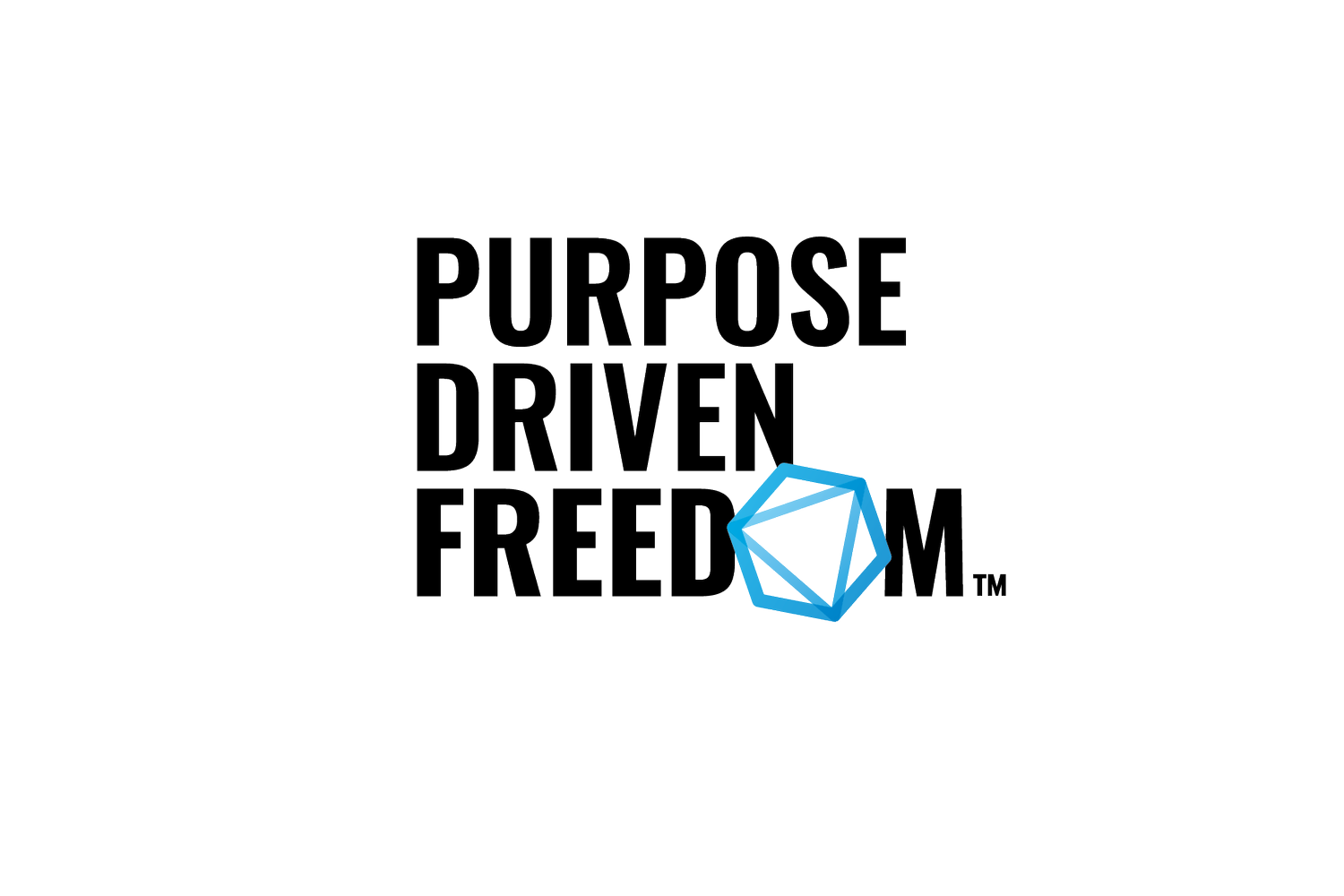Ensuring Supply Chain Resilience Through Succession Planning: A Critical Imperative for Business Owners
In the realm of modern commerce, where global markets and intricate networks intertwine, the importance of supply chain resilience cannot be overstated. As businesses navigate through a landscape fraught with uncertainties ranging from natural disasters to geopolitical tensions, the ability to withstand disruptions and maintain continuity is paramount. Amidst these challenges, one often overlooked aspect stands out as a linchpin in ensuring supply chain resilience: succession planning. In this blog post, we'll explore why business owners must integrate succession planning into their supply chain strategies to fortify resilience and sustain long-term success.
Continuity in Leadership
At the heart of any effective succession plan lies the seamless transfer of leadership. In the context of supply chain resilience, a well-prepared succession strategy ensures that key decision-makers responsible for orchestrating supply chain operations are identified and groomed for future roles. Whether it's the CEO, operations manager, or logistics director, having a clear succession roadmap in place mitigates the risk of disruptions stemming from sudden leadership vacuums. By ensuring continuity in leadership, businesses can maintain operational stability and respond swiftly to supply chain disruptions, thereby bolstering resilience.
Knowledge Retention and Transfer
In an era marked by rapid technological advancements and evolving market dynamics, knowledge retention and transfer pose significant challenges for businesses. Key insights, expertise, and institutional knowledge accumulated by seasoned professionals over years of experience are invaluable assets, especially in managing complex supply chains. Succession planning provides a structured framework for capturing, preserving, and transferring critical knowledge to the next generation of leaders. By facilitating the seamless transition of knowledge and skills, businesses can mitigate the risks associated with workforce turnover and ensure that supply chain operations remain resilient in the face of change.
Innovation and Adaptability
In today's hypercompetitive business environment, innovation and adaptability are prerequisites for survival. A robust succession plan fosters a culture of innovation by empowering emerging leaders with the autonomy and resources to drive continuous improvement initiatives within the supply chain. By nurturing talent and encouraging creative problem-solving, businesses can enhance their agility and responsiveness to changing market dynamics and unforeseen disruptions. Succession planning enables organizations to cultivate a pipeline of leaders equipped with the skills and mindset needed to innovate and adapt, thereby fortifying supply chain resilience in the long run.
Risk Management and Contingency Planning
Supply chain disruptions can arise from a myriad of sources, including natural disasters, geopolitical events, economic downturns, and pandemics. While some disruptions may be foreseeable, others may catch businesses off guard, underscoring the importance of robust risk management and contingency planning. Succession planning plays a pivotal role in risk mitigation by ensuring that backup plans and contingency measures are in place to address potential disruptions to key supply chain functions. By identifying alternative leadership candidates, cross-training employees, and diversifying supplier networks, businesses can enhance their ability to navigate unforeseen challenges and maintain supply chain resilience.
In an era defined by volatility, uncertainty, complexity, and ambiguity (VUCA), supply chain resilience has emerged as a strategic imperative for businesses across industries. Amidst the myriad of factors influencing supply chain dynamics, succession planning stands out as a critical enabler of resilience. By fostering continuity in leadership, facilitating knowledge retention and transfer, promoting innovation and adaptability, and strengthening risk management capabilities, succession planning equips businesses with the tools needed to navigate disruptions and sustain long-term success in an ever-evolving marketplace.
As business owners contemplate their supply chain strategies, integrating succession planning into their overarching resilience initiatives is not just prudent—it's essential. By recognizing the symbiotic relationship between succession planning and supply chain resilience, businesses can position themselves to thrive in an increasingly unpredictable world, ensuring that they remain agile, adaptive, and resilient in the face of adversity.

